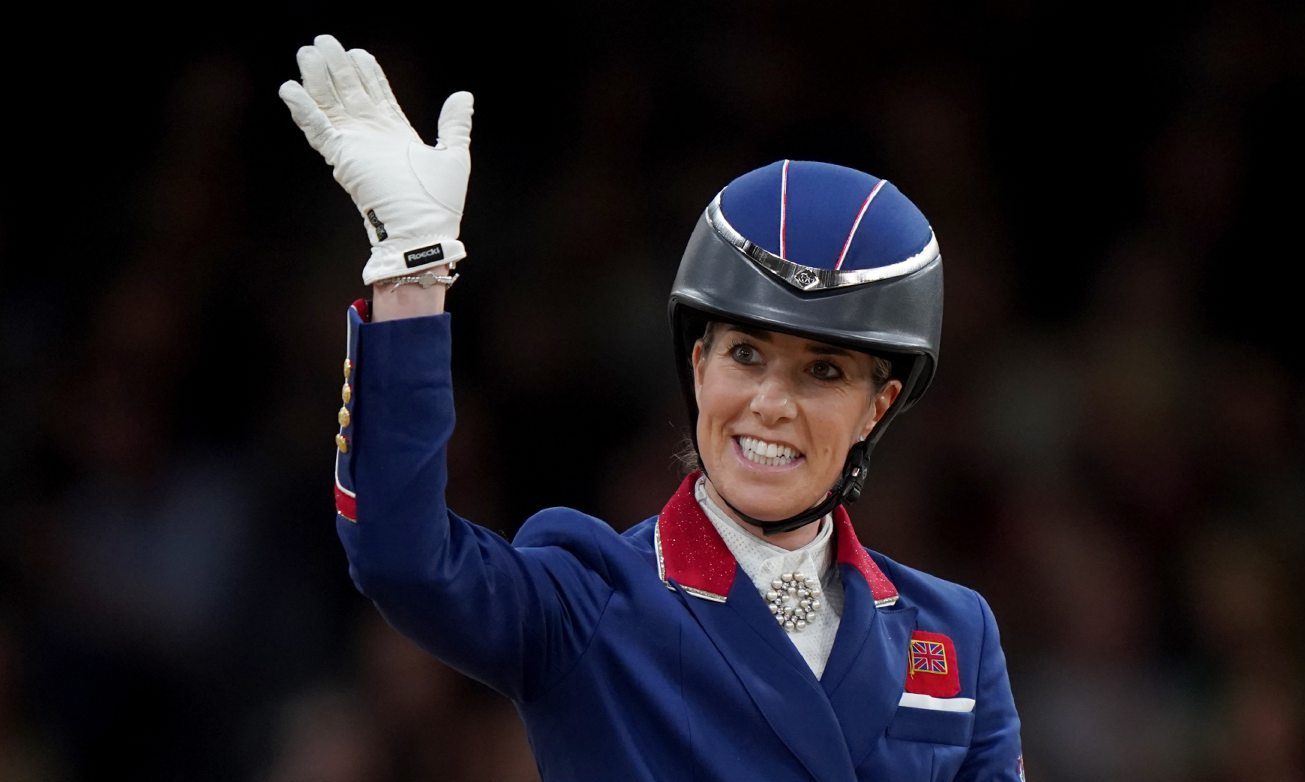Research by the British Board of Film Classification has discovered there is more swearing in everyday life than there used to be. I wonder what form the “research” took? Did they, perhaps, step outside their front door?
There clearly is more swearing. The more interesting question is: has it become more acceptable?
My first reaction is to say I certainly do not find it acceptable. But then, upon examining myself and my habits, I wonder if that is actually true. Do you ever swear? Even in extremis? Have you ever laughed at the use of a swear word?
When I was growing up, swearing was strictly not permitted. Indeed “strictly” doesn’t cover it. My father never swore. But, now I think on it, I did once hear him laugh at a swear word.
We were at a football match, Airdrieonians versus Dundee United at the old Broomfield Stadium. It was a featureless game on a grey afternoon of relentless rain. United somehow scrambled a goal, but the home side could have blundered in the mud for a week without scoring. A cloud of gloom hung over the home support.
The Airdrie manager sent his substitutes to warm up. As they did stretches before a sullen, silent crowd a voice rang out from the back of the stand: “Haw Jeemy. You should have been out there today”.
All could tell by Jeemy’s body language that he agreed. His chin rose, his shoulders squared. His physical jerks assumed more zest. He should have been playing, he’d have made all the difference.
The voice continued: “You should have been out there, Jeemy – you’re just as shite as the rest of them.” Everyone within earshot laughed. Even my father! My brother and I gawped in wonderment.
I’m telling you this, and it is a true story, for a reason. It is to give an example of a swear word as the crux word in what is (hopefully) an amusing story.
That word is rarely seen on the pages of The Courier. I might even have shocked you. I checked with David Clegg, The Courier editor. David decided that, given the point I am trying to illustrate, it could be used.
My father is long dead. I could not have faced him after using a swear word in The Courier. But times have changed since my 1960s Airdrie trip. The Courier, as a modern, constantly-evolving newspaper, has changed.
There is indisputably more swearing in public. We can, as a newspaper, hide from this language issue. Pretend it hasn’t happened. Or we can discuss it.
Despite my initial assertion, I now cannot honestly say I always find swearing unacceptable. I’m a little ashamed of that, but must accept it as truth. Swearing is not only more widespread, it is more acceptable than it used to be. Even to me.
Perhaps we’d all have to admit that.
Word of the week
Obnubilate (verb)
To darken or obscure with clouds. EG: “Let no man obnubilate my sunny dreams of Scotland winning the Euros.”
Read the latest Oh my word! every Saturday in The Courier. Contact me at sfinan@dctmedia.co.uk




